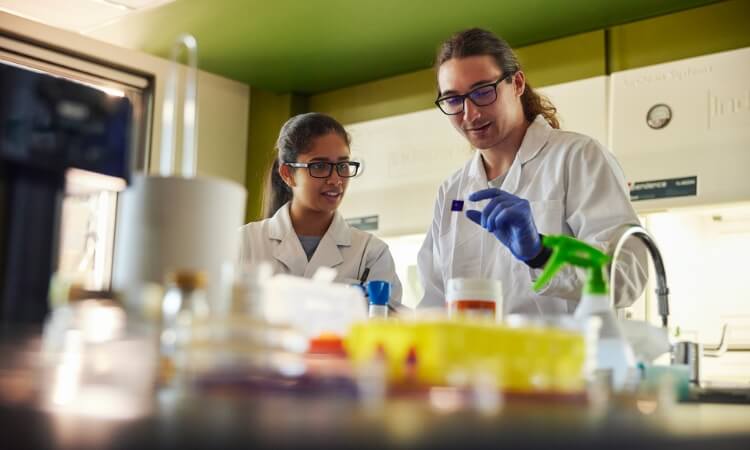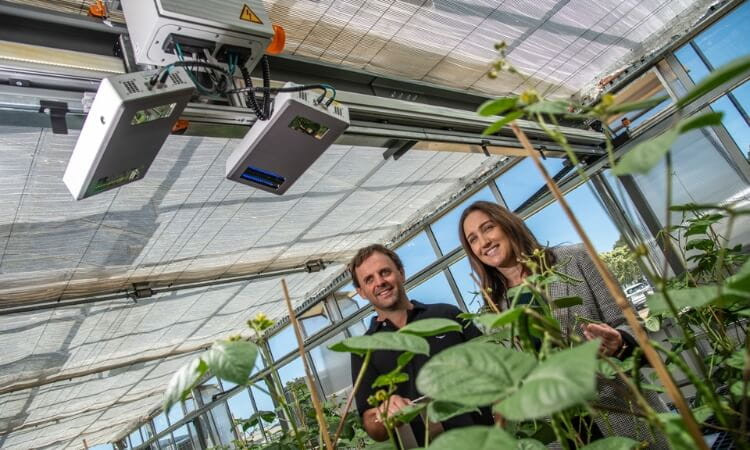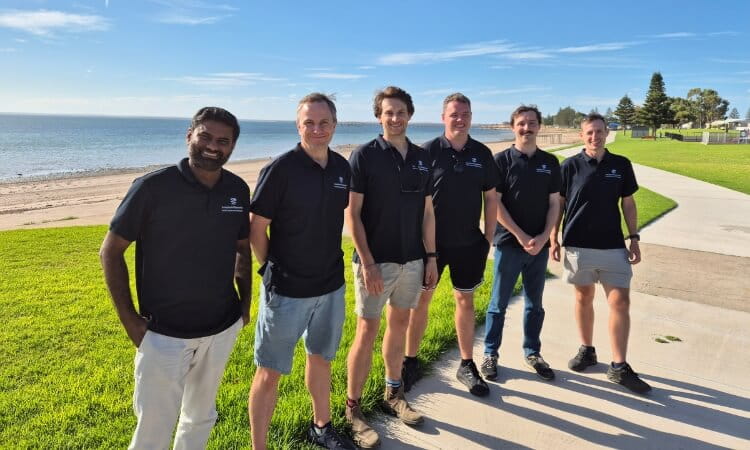Get ready to embark on a celestial journey that will ignite your curiosity of the cosmos, with the University of Southern Queensland’s Festival of Astronomy and Space.
Running across three days (October 5 – 7) during World Space Week, the Festival includes captivating talks from renowned experts and a unique opportunity for kids to have all their space questions answered.
The events will be hosted on-campus at the University of Southern Queensland and are free entry for all. There is also a Zoom option available.
“The festival is also a great way to get the word out about some of the fantastic research going on here at the University and in the country,” event organiser and space expert Professor Jonti Horner said.
“It’s perfect for anyone with an interest in space, from 5 years old all the way to 125.”
Kicking off the festival on October 5 is Professor Graziella Caprarelli, who will give a talk on the fascinating exploration of the outer Solar system by the Jupiter Icy Moon Explorer and future Europa Clipper Mission.
Next, Professor Jonti Horner will venture into the world of comets, in an engaging talk that promises to reveal the secrets of these celestial marvels.
The following evening, Associate Professor Alice Gorman (Flinder’s University) will take to the stage to present on the archaeology of an inhabited Solar system.
Associate Professor Gorman, also known as Dr Space Junk, will touch on the subject of space debris, highlighting how broken probes and dead robots can be used to form an archaeological record of our space exploration.
October 7 is for the young enthusiasts – with children of all ages invited to come and ask their space-related questions to a panel of experts. This will be followed by a star-gazing experience (weather permitting).
“If your child is asking difficult questions about space already, this is the perfect opportunity to have them answered,” Professor Horner said.
“It’s great to be able to give something back to the community and hopefully we can inspire the next generation of great scientists.”



